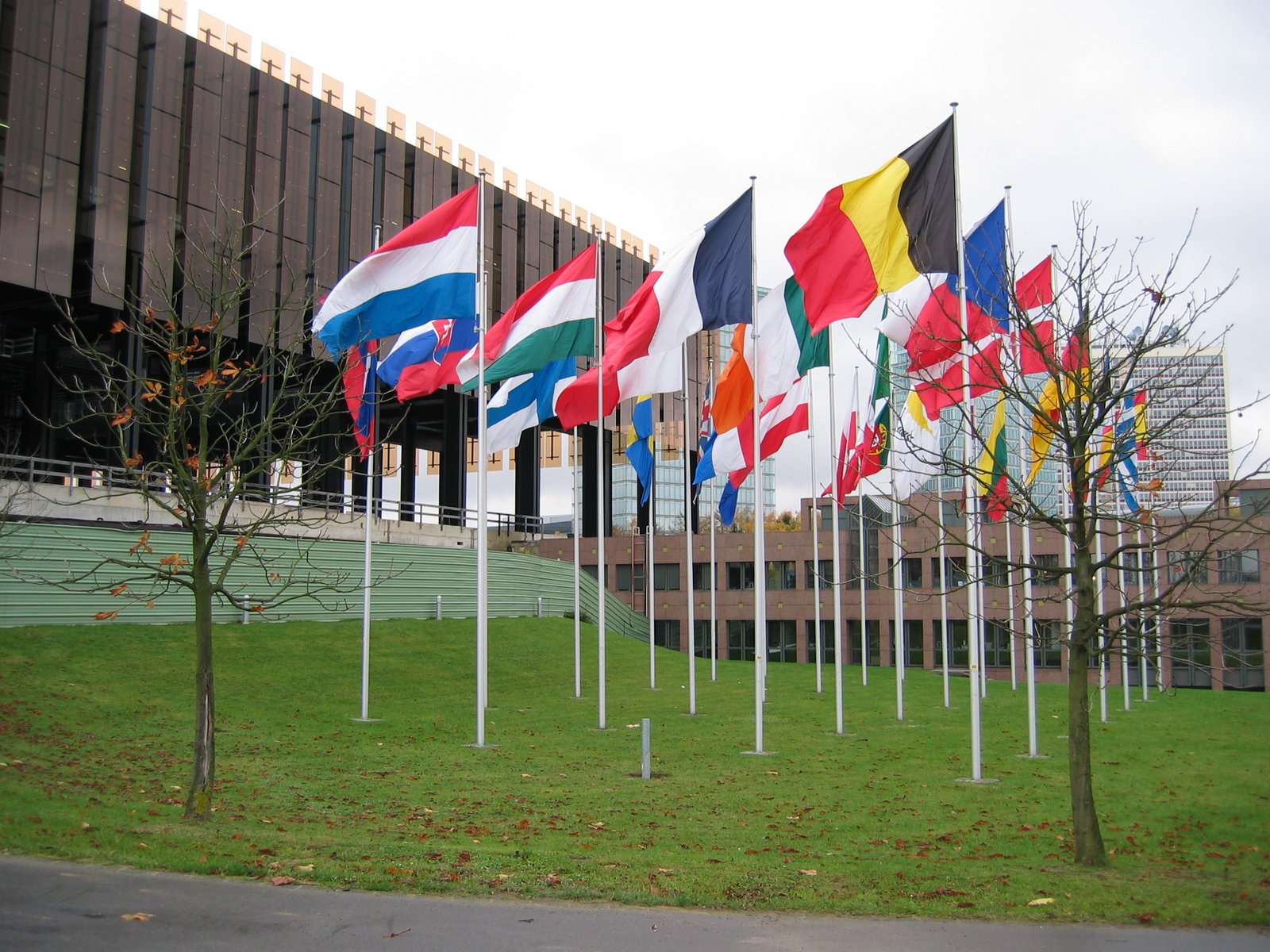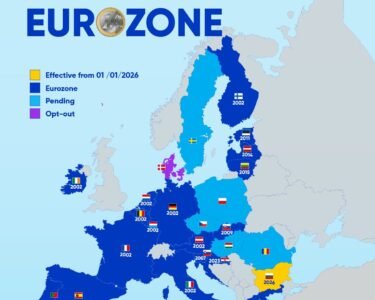At last, a final word on the confusing regulations affecting migrants, particularly those relating to asylum and international protection seekers and expedited border procedures for repatriation.
The decision was adopted by Europe's highest judicial body ,the Court of Justice which is based in Luxembourg and which already on October 4 had defined its line now clarified and made binding for all the Courts of all 27 member countries .It ruled on preliminary questions raised by Italian magistrates accused by the Meloni government of wanting to unduly oppose decisions that are up to politics. Meloni has her own interpretation of the rules on this matter, in line with the philosophy behind the agreement with the government in Tirana for the Gjadër center where asylum-seeking migrants who come from countries deemed safe can be detained for up to one month. But when can a country of origin be defined as safe?
There is no-and this is a serious shortcoming-a list shared by all 27 members of the Union. Therefore, each government adjusts as it sees fit. The Italian one believes that a country can be defined as safe even if it is not safe in all areas over which it exercises its sovereignty and for all segments of the population. And based on this interpretation it has adopted, by law no longer by legislative decree, a list of safe countries that some magistrates have questioned.
The Court of Justice recalled that the national law cannot be in conflict with the EU law which is of a higher level and the current European law, set by Directive 32/2013 states that " a country is considered a safe country of origin if, on the basis of legal status, law enforcement within a democratic system, and the general political situation, it can be shown that there are no generally and uniformly persecution as defined in Article 9 of Directive 2011/95/EU, nor torture or other forms of inhuman or degrading treatment or punishment, nor danger due to indiscriminate violence in situations of internal or international armed conflict". Thus, the Directive still in effect requires that safety criteria must be met throughout the country and for all segments of the population.
Since fundamental rights are at stake, which by the way in Italy are also set out in the Constitution, the final say on the definition of safe country lies not with politicians but with judges who can exercise a judicial review of whether in the designation of safe country the EU member state has complied with the criteria set out in EU rules.
In order to exercise this control, judges must have access to the sources of information on the basis of which the state has defined the third country as safe. And judges must take into account "of other information that they may have collected, whether from public sources or from sources whose production it has requested from one of the parties to the dispute before it, provided that, on the one hand ,it has ascertained the reliability of such information and that, on the other hand, in accordance with the principle of adversarial process, such parties have the opportunity to submit their comments on such information.".
Only starting June 12, 2026, when the new Regulations on the Asylum Procedure-approved as early as 2023-come into effect, things may change, as we had written in Albanitaly December 24, 2024.
Regulation 2024/1348 in Article 61,paragraph 2, states: "The designation of a third country as a safe country of origin at both the Union and national levels may be made with exceptions for certain parts of its territory or categories of clearly identifiable persons". In addition, the Regulations provide for the expedited examination (and refoulement) procedure if they come from a safe country of origin or a country with an acceptance rate of applications for international protection below 20%.
The best solution, in our opinion, would be to anticipate the entry into force of the regulation and to draw up a European list of safe countries, validated by the Court of Justice and acquired the non-binding opinion of the European Court of Human Rights.





